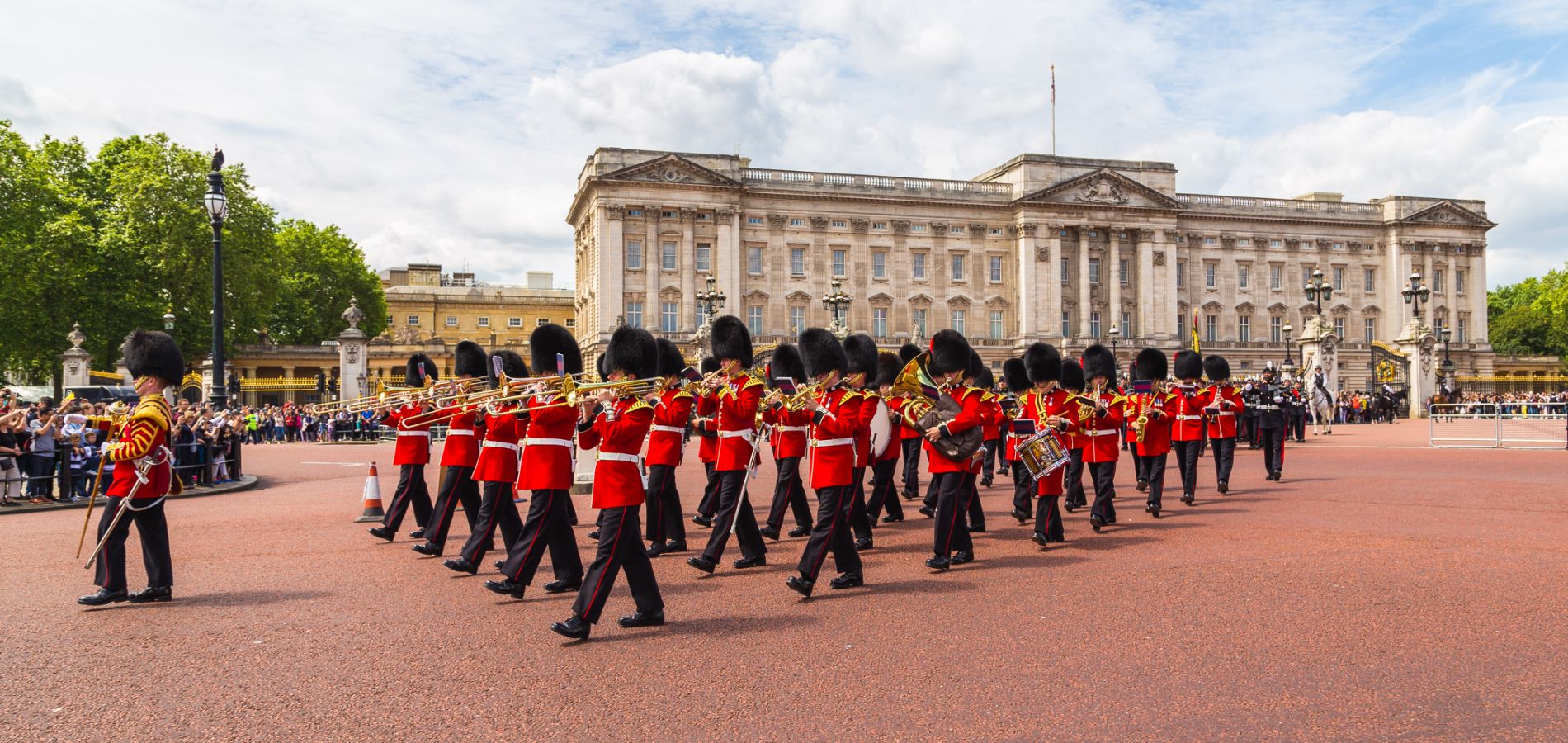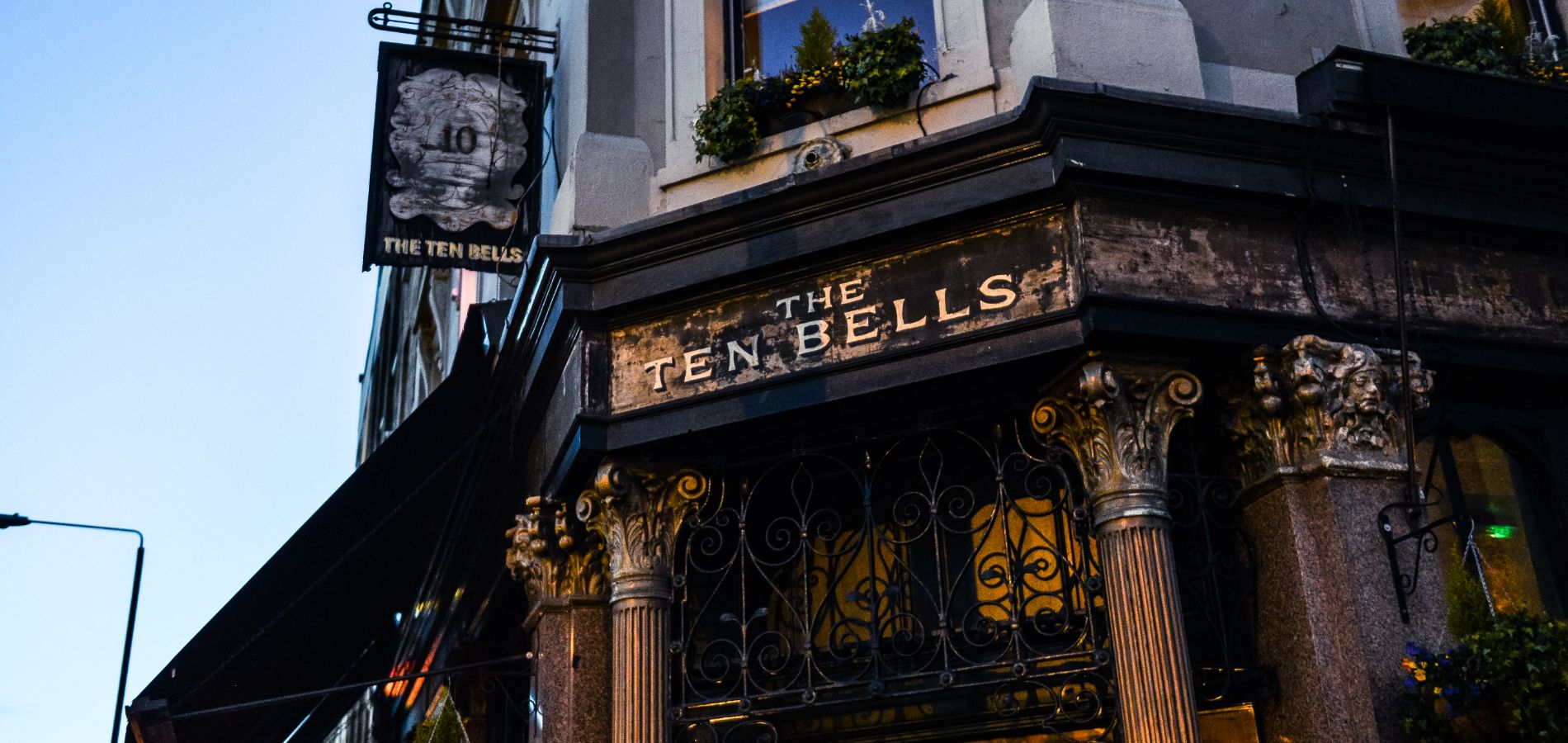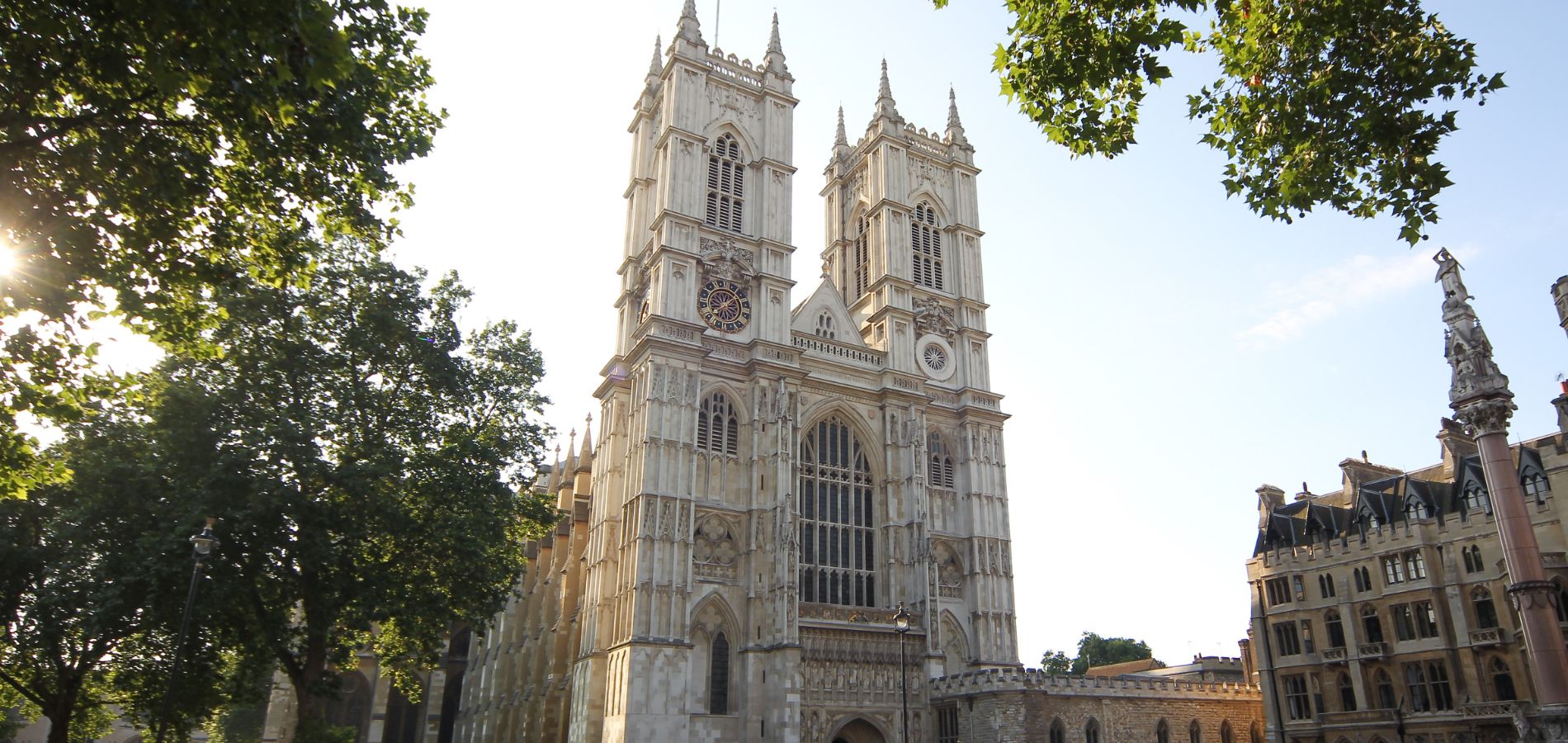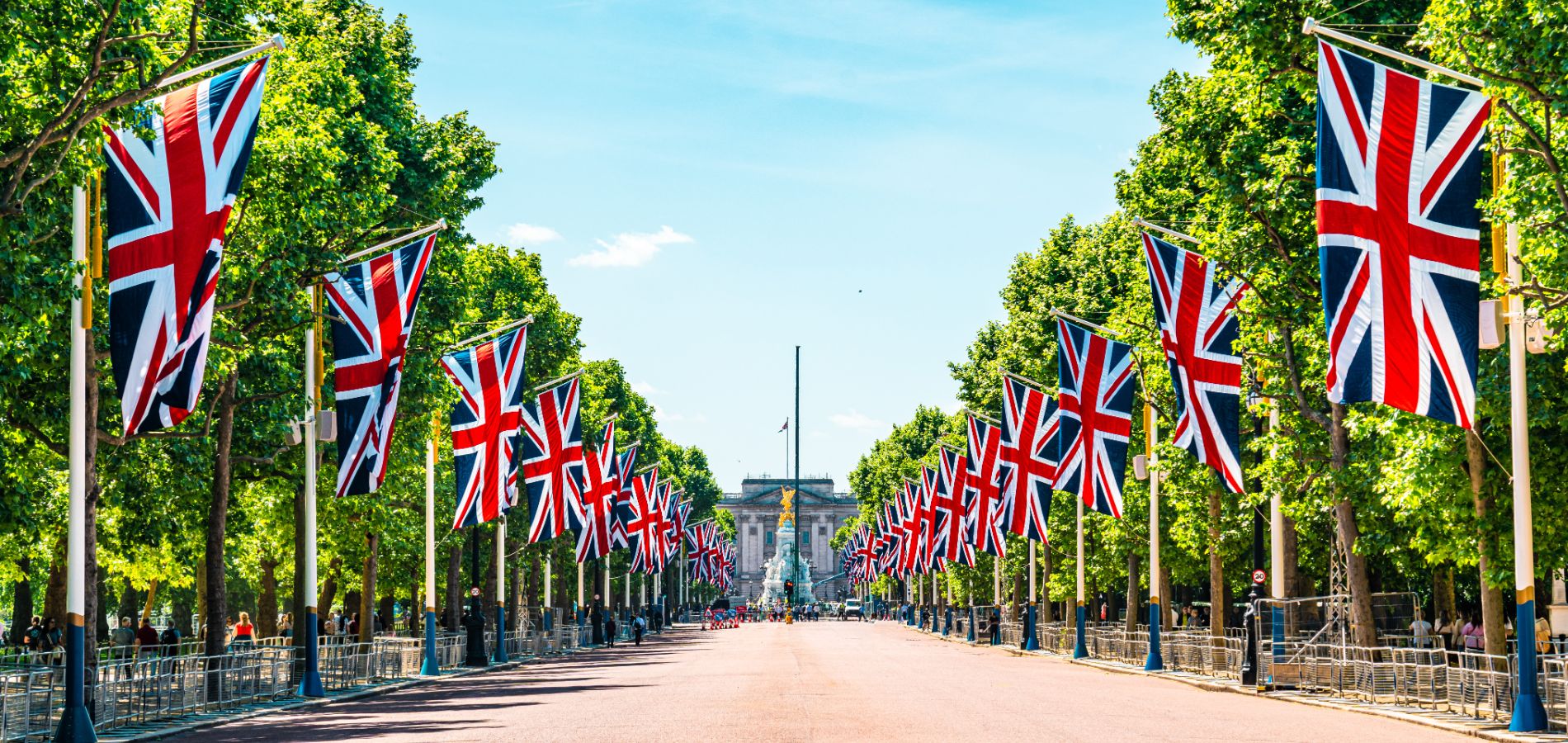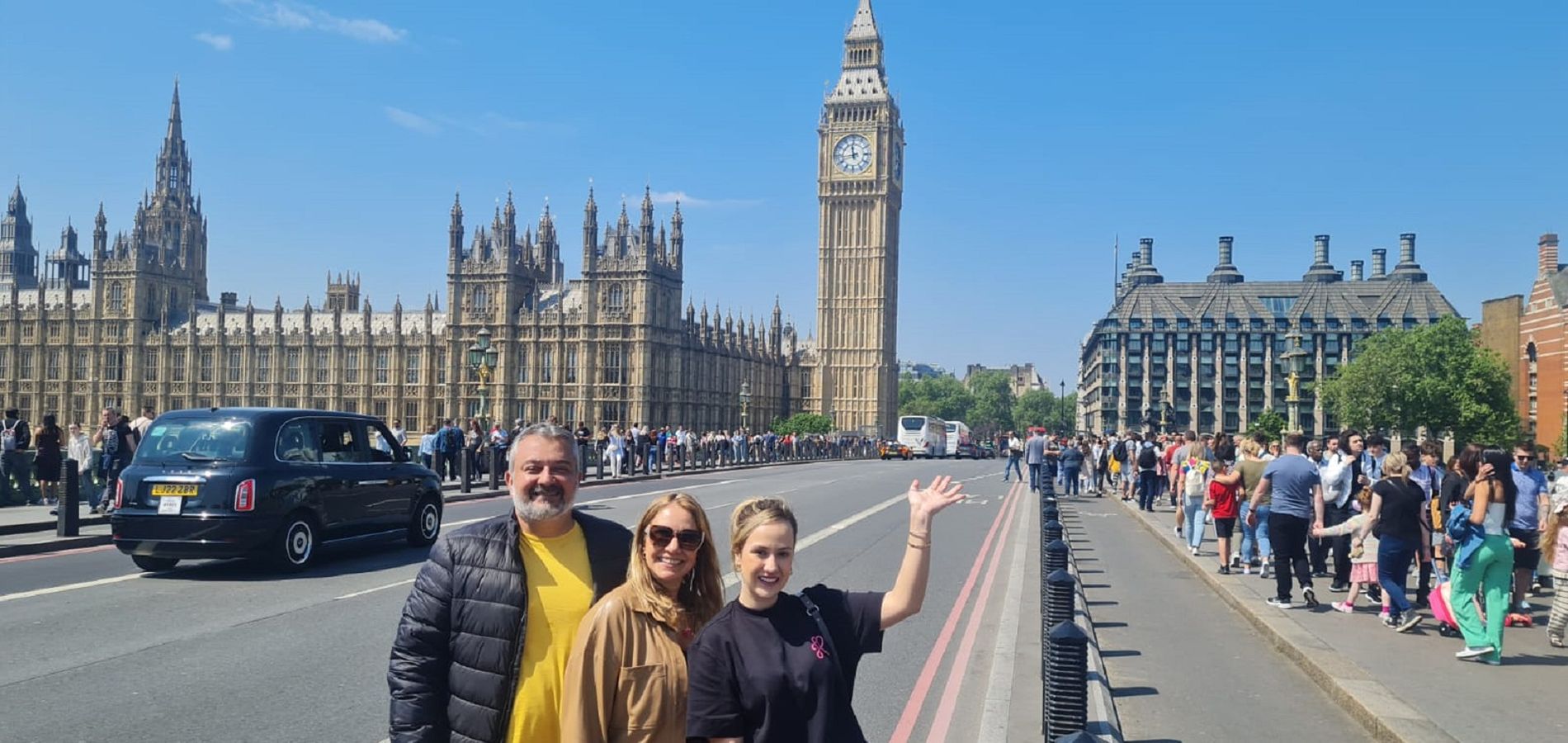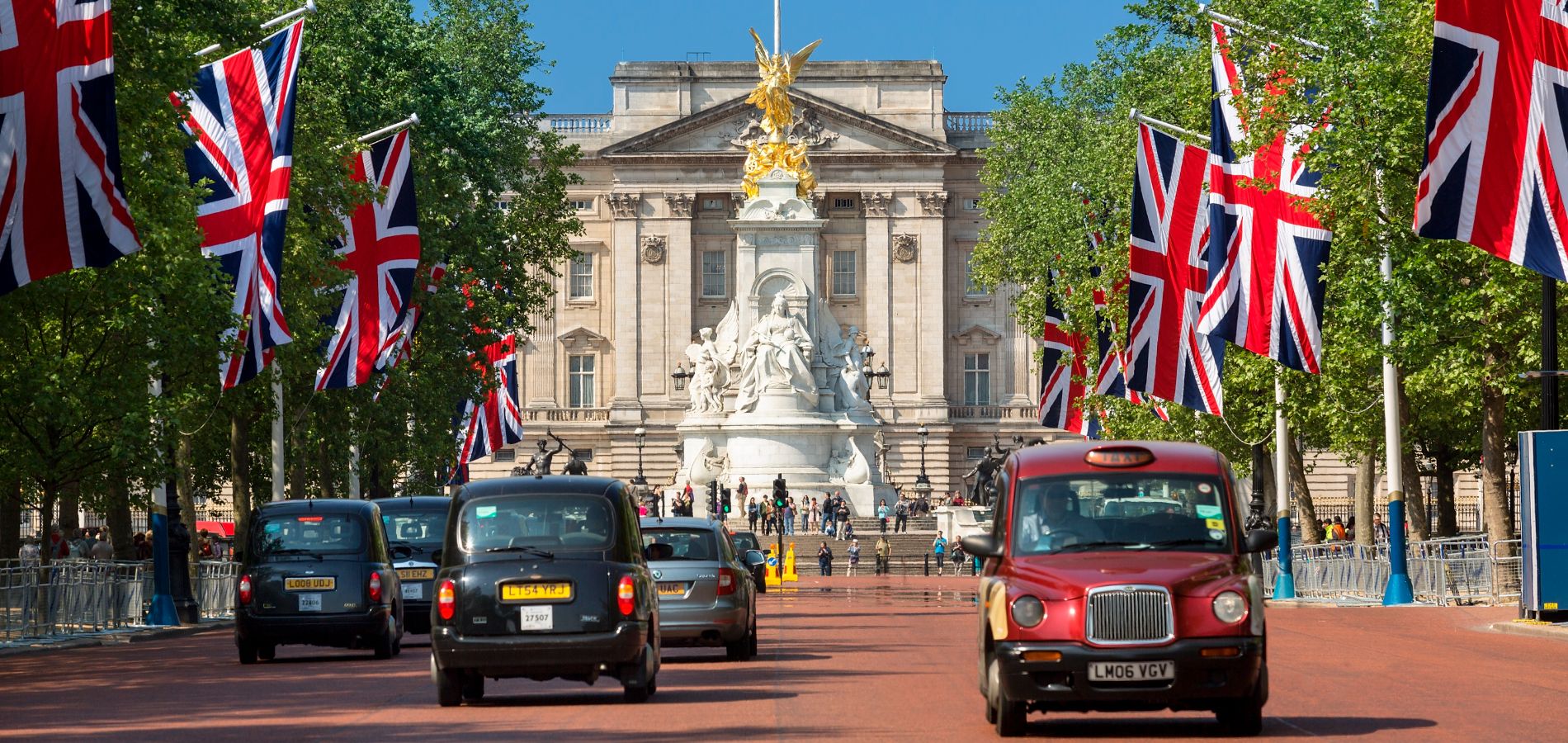Royal London Tour with River Cruise Option
From £50.00
Experience the ultimate introduction to London's iconic landmarks on our exceptional Royal London with River Cruise Option half-day tour.
Embark on a journey of discovery into London's history
Discover the rich tapestry of history, culture, and iconic landmarks that define London with our memorable London day trips. Our knowledgeable and expert guides are passionate about showcasing the best of London, ensuring you have an unforgettable experience.
Whether you're a history fan, a foodie, or an art enthusiast, our tours cater to all interests. Join us and let the magic of London unfold as you explore famous attractions and iconic landmarks such as Big Ben, the London Eye, the Tower of London and Westminster Abbey.
Exploring London can be endless, so we made sure to pick the best guided tours to give you a good overview of the capital while you're visiting. Depending on preferences, there's a tour for everyone to enjoy!
Our Warner Bros. Studio Tour London is one of our highest-rated tours and is available daily from Central London (Victoria, Paddington, or Marble Arch) with comfortable return transportation. Discover the wonders and secrets of Hogwarts and get a glimpse behind the scenes. Step through the doors of the spectacular Great Hall into the dining room, where the Sorting Hat famously sorted Hogwarts students into their houses.
View TourFrom £50.00
Experience the ultimate introduction to London's iconic landmarks on our exceptional Royal London with River Cruise Option half-day tour.
From £59.00
Step aboard a sightseeing experience like no other and depart for a 90-minute fully guided tour through the heart of London, whilst enjoying a freshly prepared Afternoon Tea.
From £129.00
Our most popular and comprehensive Tour of London—jump straight into the history of London on this fantastic full-day coach tour.
Attend an experience like no other! ABBA Voyage is the long-awaited concert from one of the biggest pop acts of all time, featuring a setlist of ABBA’s biggest, most popular hits, each handpicked with great care by the band. "Thank You For The Music!"
You can book with us reassured that we have put numerous measures in place to elevate our hygiene standards and protocols, and be confident that your money is in safe hands with our flexible booking terms.
We gathered expert tips and travel advice for you to spend a memorable time in the British capital!
As experts in sightseeing and driven by service, we're passionate about creating memories which will last our guests a lifetime.
This is our goal. We recognize our responsibility to ensure our impact on the planet we call home, the people we visit, and the wildlife we find there, is a positive one. We take steps to address our impact in two ways; through our sustainability strategy, How We Tread Right, and through our TreadRight Foundation.

